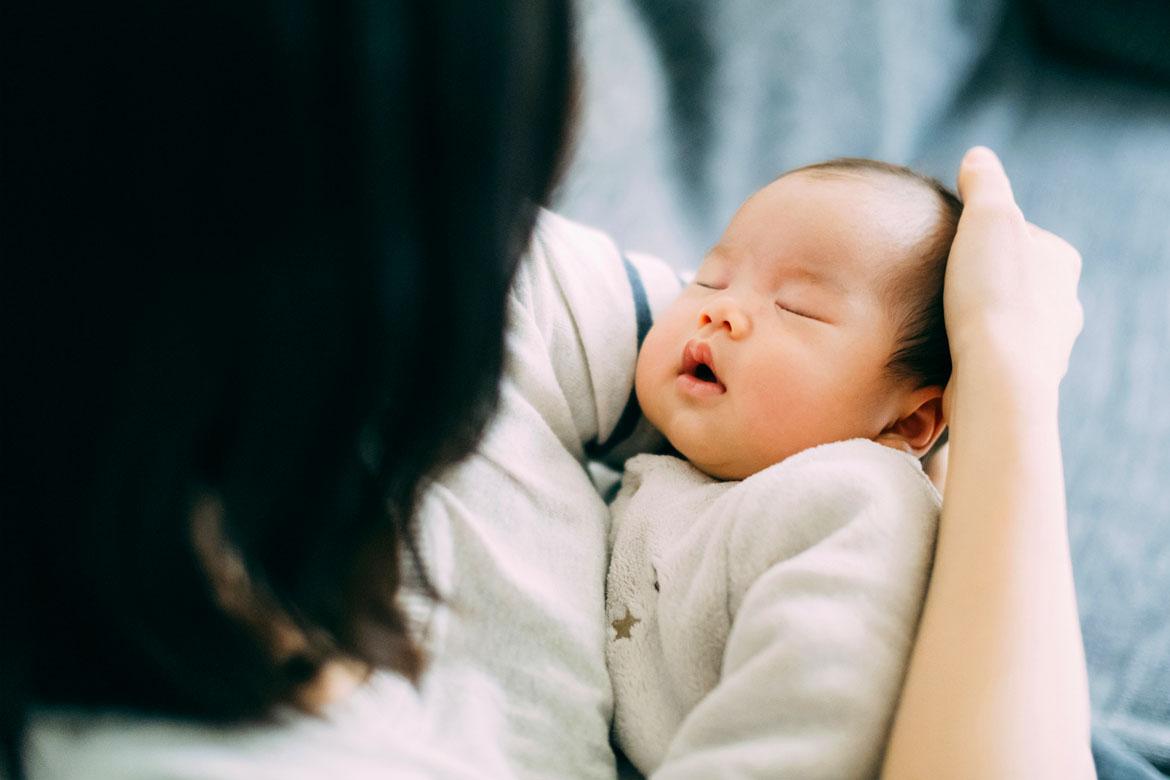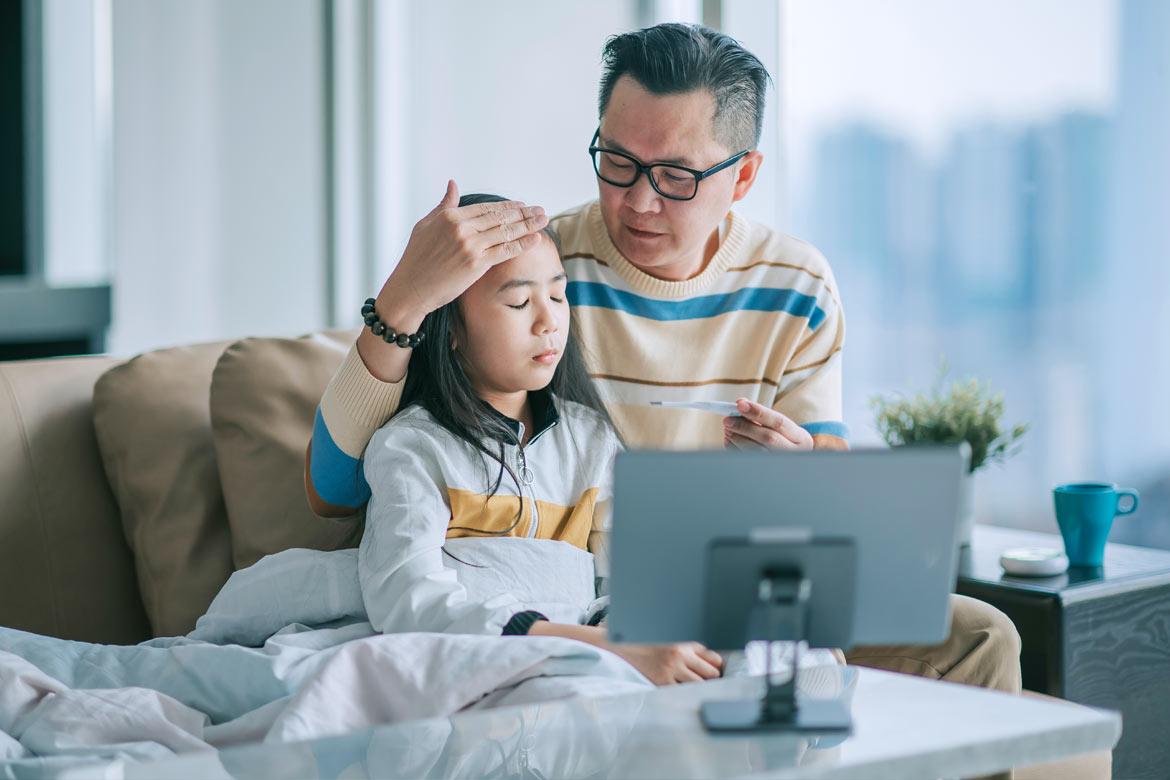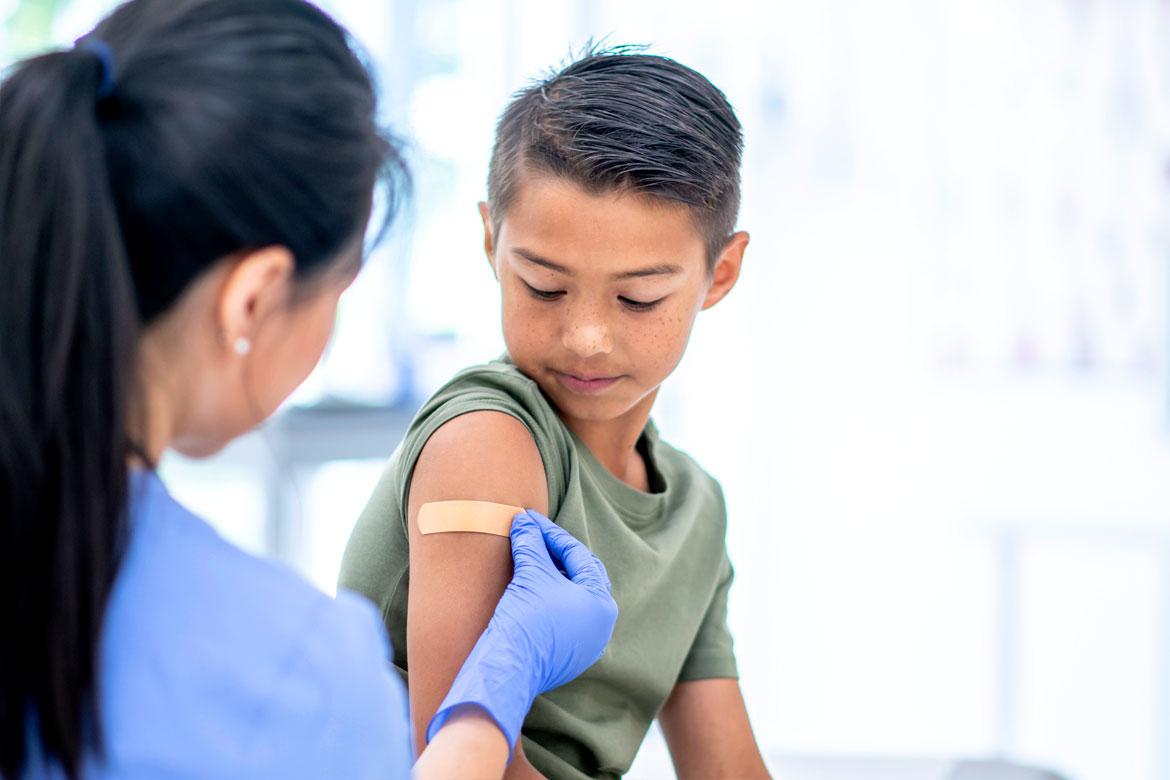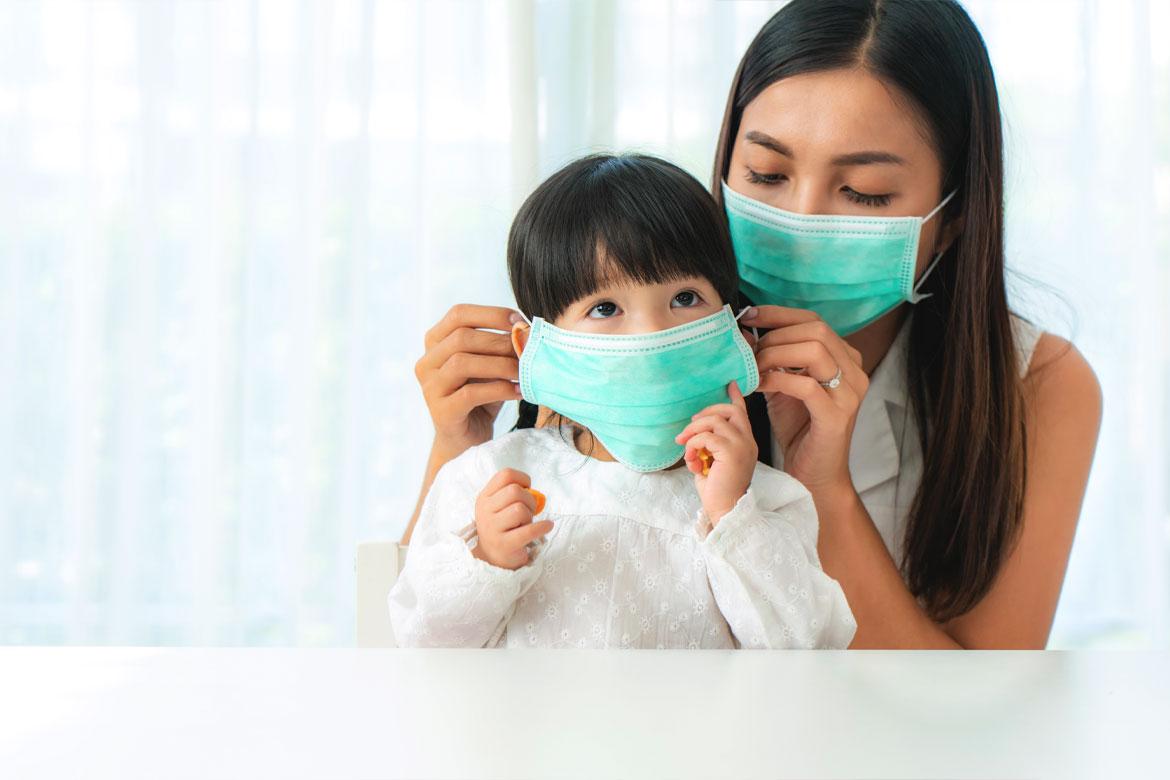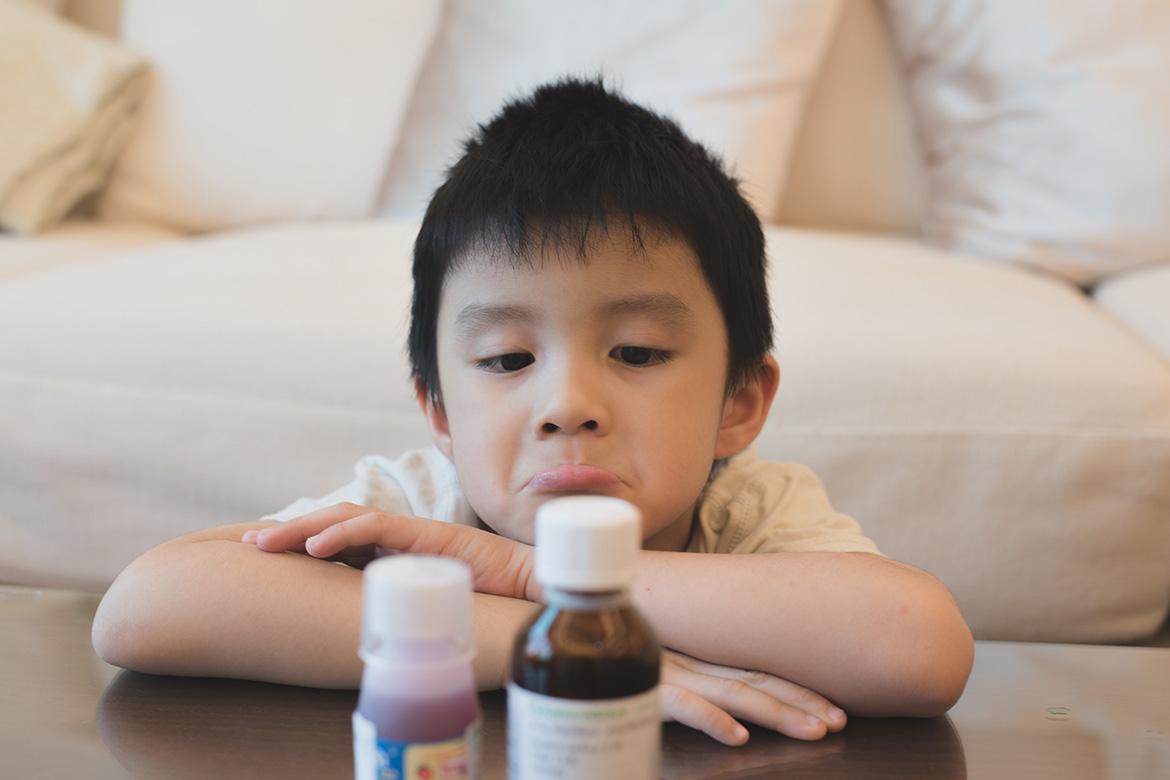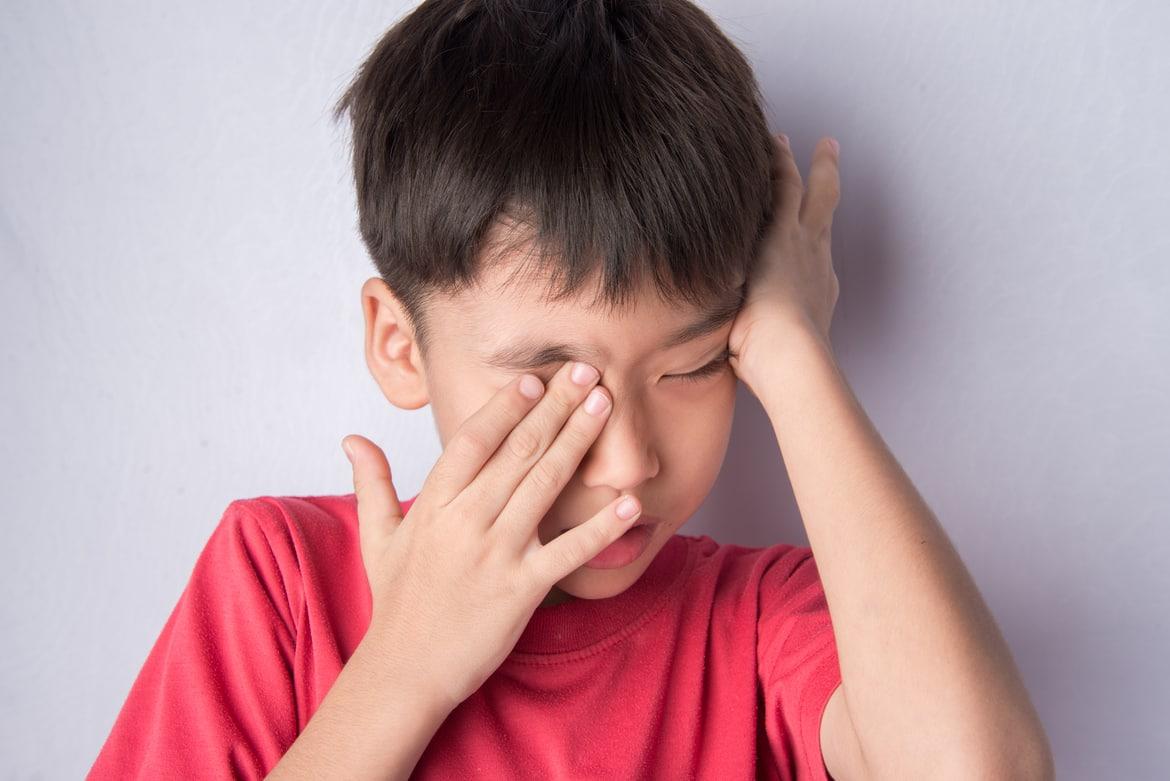
Chicken Pox (Varicella Zoster)
How is chickenpox treated?
If your child is healthy, there is generally no specific treatment required. However, your doctor may prescribe medications such as antihistamines to soothe itching and relieve symptoms.
During the illness, ensure that your child has adequate rest and is kept well hydrated. Do not pop the blister or try to drain any fluid.
When to seek medical attention
While chickenpox is usually harmless, keep an eye out for serious complications. Bring your child to a doctor if they display any of the following symptoms:
- Pus or swollen, red areas around their rash
- Drowsiness or increased lethargy
- Refusal to drink or not passing adequate urine
- Hard or fast breathing
Caring for children with chickenpox
Keep your child at home as chickenpox is highly contagious. Chickenpox spreads easily by direct contact or through infected droplets from an infected person who coughs or sneezes.
It can also spread by direct contact with contaminated objects or the fluid from an infected person’s blisters.
If your child has chickenpox, inform your child’s school so that other children who have been exposed can be treated or vaccinated. Do not send your child back to school until there are no new blisters and the very last blister has dried out completely.
This page has been reviewed by our medical content reviewers.
Need help?
For enquiries, please call
+65 6250 0000 (Orchard) or +65 6898 6898 (Novena)
For appointment bookings, please WhatsApp
+65 8111 7777 (Orchard) or +65 8111 5777 (Novena)
 Brain & Spine Care
Brain & Spine Care